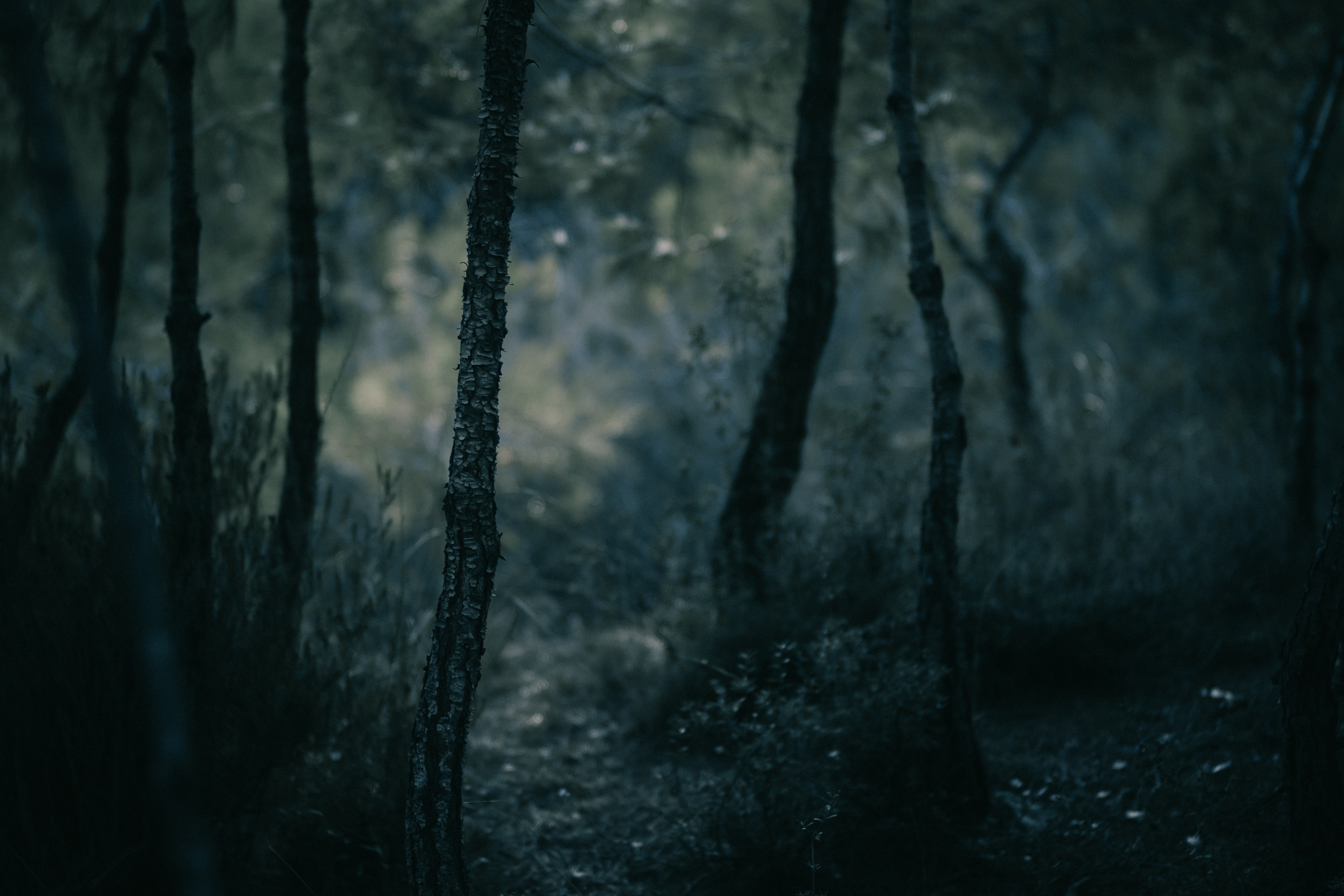
The Beast of Gévaudan by Brenden Pontz
In the lush French countryside, between gentle, rolling hills, and plains where cattle calmly grazed, where the edge of the village met the edge of the forest, lurked the Beast of Gévaudan. It gnashed its teeth like knife blades, soundlessly stalking the pastures and patiently waiting for night to fall. Waiting for someone.
A child, maybe, foolish enough to play after dark. Or a drunken merchant, wandering aimlessly. A shepherd, perhaps, herding the last of his flock. All of their roads led to the forest, and from there, the stomach of the Beast. By morning, villagers would wake to the stench of rotten meat, and the cries of grieving relatives.
Those lucky enough to escape, to run when they heard the snarling from the treeline, claimed that the Beast resembled a wolf, but far, far bigger. Closer to a horse than a dog. Its fur was a dark brown color, and its yellow eyes gleamed like lanterns against the night.
As the bodies piled, the town of Gévaudan sent their best hunters to end the Beast’s reign of terror. But every hunting party came up empty, with little more than footprints and distant howls to show for their efforts.
The townsfolk wrote to the King, demanding that he send his finest soldiers, and his most skilled trackers to end this plague upon their village. Yet when the royal hunters arrived, they shot a common wolf, and dismissed the Beast as an exaggeration made up by foolish peasants.
With every kill, the Beast grew bolder. It struck Gévaudan more and more, edging closer and closer into the town, ever earlier into the night. When a farmer was found torn open in his field just before the sun set, the village felt the monster’s grip on them grow ever tighter.
Jean Chastel, an old hunter and innkeeper, decided at last to face the Beast on its terms. He loaded his musket with silver rounds blessed by the local priest, walked into the forest after sunset, and simply waited. Patient and measured.
Stories say the Beast charged him like a raging bull, a blur of teeth, claws, and primal fury. That the Beast came within inches of ripping out Chastel’s throat before he managed to pull the trigger. But Chastel was never one for stories. How he killed the Beast, he never said. He burned the body, reciting prayers as flames licked the creature’s flesh. Peace settled onto Gévaudan. Yet it was a peace that wouldn’t last.
All the way in Paris, the king and his court laughed away at the peasants’ ignorance. Frightened by a wolf, they said, what a thought! They sat in their palaces drenched with gold and jewels, uncaring of the fear that their people felt. Uncaring of the boiling anger that would one day erupt against the nobles of France. They sipped fine red wine and feasted on prime cuts of steak, casting smiles that looked like the grin of a wolf.